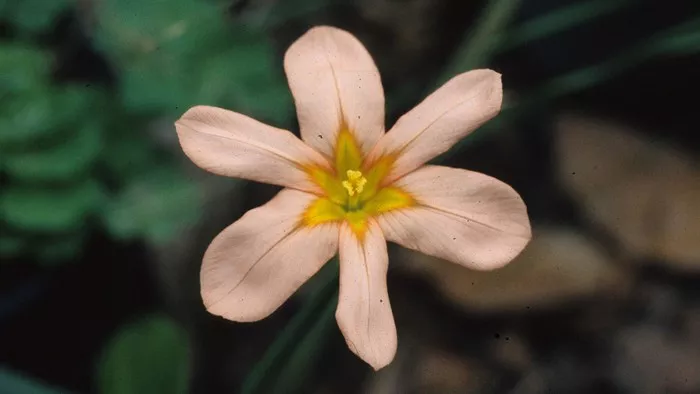Gardeners across Canterbury are urged to remain vigilant as the invasive and highly poisonous Cape Tulip is expected to bloom in June, posing a significant threat to both humans and livestock.
Originating from South Africa, the Cape Tulip is identifiable by its striking salmon pink flowers adorned with a yellow center. Despite its aesthetic appeal, this plant harbors toxins that can prove fatal if ingested by humans or animals.
First introduced to Aotearoa in the 1940s, the Cape Tulip was designated a noxious plant in 1978, resulting in a ban on its sale, propagation, and distribution. Despite these measures, it has persisted, with over 500 sites previously infected by the flower now reduced to a concerning 29, according to Biosecurity New Zealand.
Recent discoveries of three plants in a Canterbury garden and ten sites in the Marlborough Sounds have raised alarms, prompting renewed efforts to contain its spread.
John Sanson, a spokesperson for Biosecurity New Zealand, underscored the plant’s prolific reproductive capabilities, citing its ability to produce both corms, which propagate rapidly, and between 3000 to 6000 seeds per plant.
“Controlling Cape Tulip can be challenging due to its resilient corms and prolific seed production. It may take several years to effectively treat an infested site,” Sanson cautioned.
With its flowering season spanning from June to December, authorities emphasize the importance of public awareness in identifying and reporting sightings promptly.
Human exposure to Cape Tulip can result in severe symptoms ranging from gastroenteritis to paralysis and even blindness, with potential complications including heart and kidney failure.
Farmers are particularly urged to remain vigilant as livestock grazing on Cape Tulip may suffer adverse health effects, including heart and kidney failure.
“While there haven’t been recent reports of mortality associated with Cape Tulip, it poses significant risks to both human and animal health,” Sanson emphasized.
In the event of a sighting, individuals are urged to contact Biosecurity New Zealand’s exotic pest and disease hotline at 0800 80 99 66. Trained staff will manage the removal and disposal of the plant, discouraging individuals from attempting to handle it themselves due to its hazardous nature.
“Given the toxicity of Cape Tulip, it’s crucial that the public refrain from attempting to remove or treat the plant independently,” Sanson stressed.
As efforts intensify to curb the spread of this toxic invader, cooperation between authorities and the public remains paramount in safeguarding both ecosystems and communities from its harmful effects.


